How Safe Are Stablecoins Part 1 – Fiat-Collateralized Coins
The questions we aim to answer in this series on stablecoins are how safe and how stable are stablecoins? In this espied, we’ll take a look at several examples of fiat-backed collateralized stablecoins like USDT, TUSD, BUSD, USDC, and more.
This is my 520th episode/article. I put a great deal of work into this content so if you find it valuable, please do like, share, comment and subscribe!
There are essentially 5 categories of stablecoins and due to the massive amount of research and time needed to go through all of this, I will be doing this in several parts to create a series. This part will cover fiat-collateralized coins like USDT and USDC. The next part in the series will cover algorithmic stablecoins like HBD while taking a look at past failed coins like UST or IRON. In the third part of the series, I will cover crypto-collateralized stablecoins like DAI and commodity-collateralized coins like gold backed stablecoins. In the fourth part of the series, I will get into the future of stablecoins, the concerns around them, what Central Bank Digital Currencies or CBDCs are, and how they could impact crypto. In the fifth and final part of the series, I will do a comparison of all of them and share my thoughts on what I believe to be the best stablecoins.
If you’re interested in how many stablecoins are out there, check out this: https://defiprime.com/stablecoins or https://coinmarketcap.com/view/stablecoin/
This provides a great explanation - https://coinmarketcap.com/alexandria/glossary/stablecoin
For the full breakdown on USDT, TUSD, BUSD, USDC, and more check out my blogs on:
Hive:
Read.Cash:
Publish0x:
There are many other fiat-backed stablecoins, but they all generally have the same issues and concerns around things like how centralized they are or how we know that the audits are accurate and that we can trust these entities. It’s not decentralized and it’s not trustless. My main gripe is that stablecoins are meant to offer us better solutions to get in and out of crypto without having to rely on the flawed traditional banking system, but instead may actually just amplify those flaws offering these institutions more control and power over the crypto ecosystem than banks could ever have. I don’t believe fiat collateralized stablecoins are safe or truly stable. However, I do think they are a necessary evil. We will explore other types of stablecoins in the future.
With other failed cryptocurrency stablecoins like Facebook’s Libra being prevented over anti-trust concerns, one has to wonder when the SEC will come after these institutions and how it will impact the crypto market. USDT & USDC sit 3rd and 4th and thus represent a large chunk of the cryptocurrency market. We will get into this in a future episode in the series. Next up will be “algorithmic stablecoins” or non-collateralized stablecoins. In that, we will look at coins like UST/LUNA, TITAN/IRON, and more.
Do you hold any stablecoins? Do you trust that any stablecoins are backed to the degree they claim to be? Do you trust Tether as an entity? Let me know what you think about this in the comments below and don’t forget to subscribe!
👉 https://www.youtube.com/channel/UCDBycVghUbnimnzqirsU1Jg?sub_confirmation=1 👈
*Disclaimer: This is not financial advice and is purely for entertainment purposes. What you see, hear, or read is my personal opinion, and any statements made are based on my views and should not be misconstrued as fact. My crypto portfolio may or may not be simulated*
👥 Support Me & Follow Me Elsewhere 👥
👉 http://www.scottcbusiness.com
Ask questions in my Telegram: https://t.me/cryptoandthings
You can find all of my referral links here: https://linktr.ee/scottcbusiness
~ Sponsors
- My top $SCB donors are Publish0x, Ralak, & JustyDoan on Memo.cash
- This video was sponsored by CakeWallet
- Also if you want to trade cryptocurrency futures, then check out my other video sponsor MyCoinStory: https://mycoinstory.com/register/f33bee63
#stablecoin #stablecoins #tether #usdt #crypto #cryptocurrency #usdc #busd

An audit is often just a third-party checking if the numbers add up (proper/compliant use of reporting, bookkeeping, accounting tools), but it's rarely investigated or the auditor's job to check the underlying business, that's not what an auditor usually does (of course, there can be a special service/mandate to do so, typically that's done on a company acquisition/merger, for the buying side). See Enron + Arthur Andersen, Crazy Eddie + Sam Antar, Wirecard + EY/KPMG, Great Canadian Maple Syrup Heist.
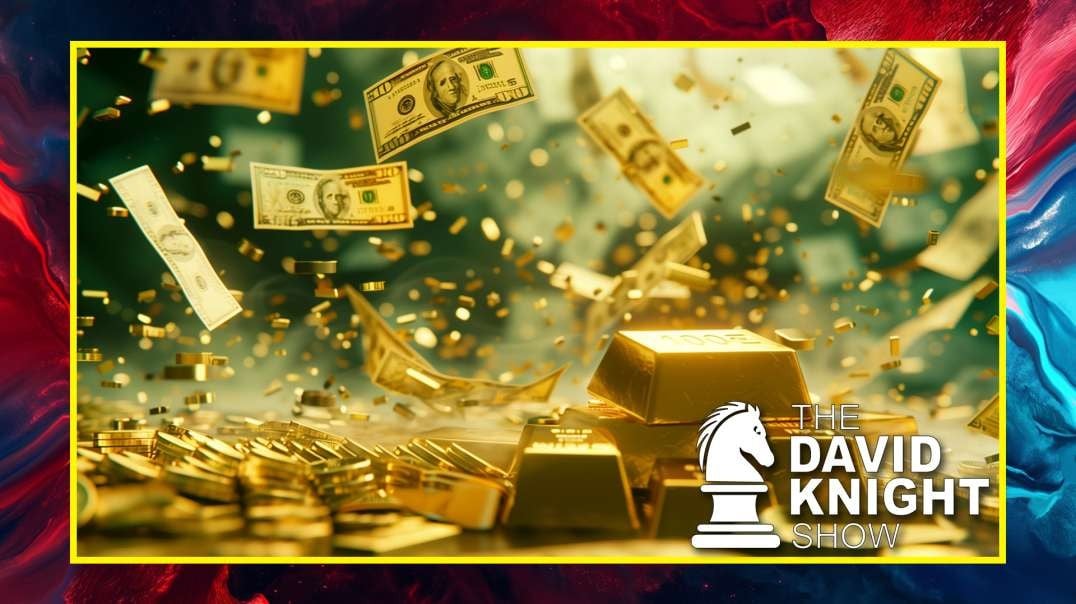
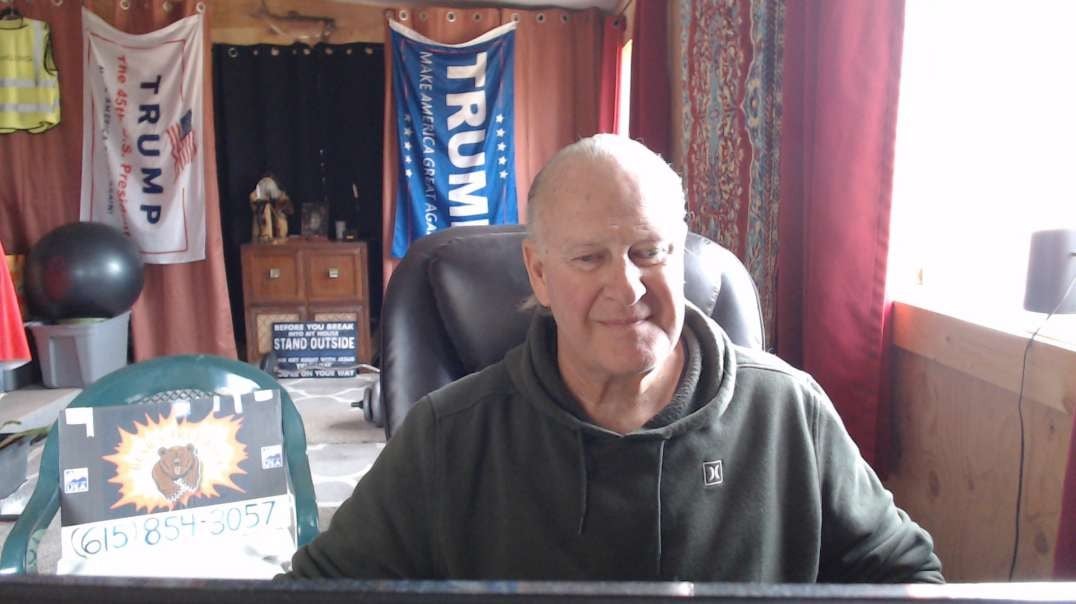
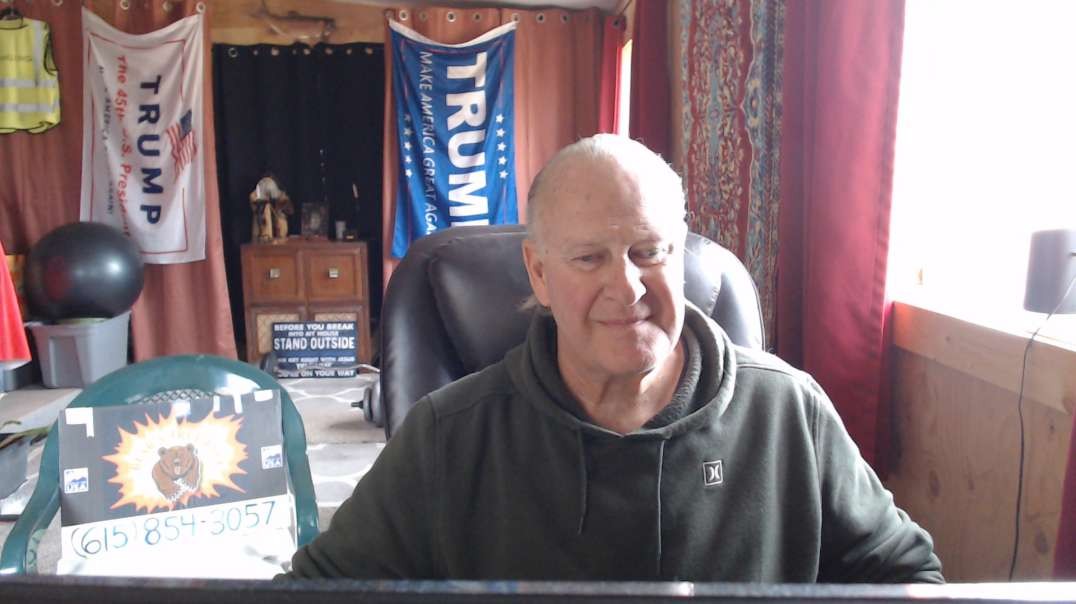


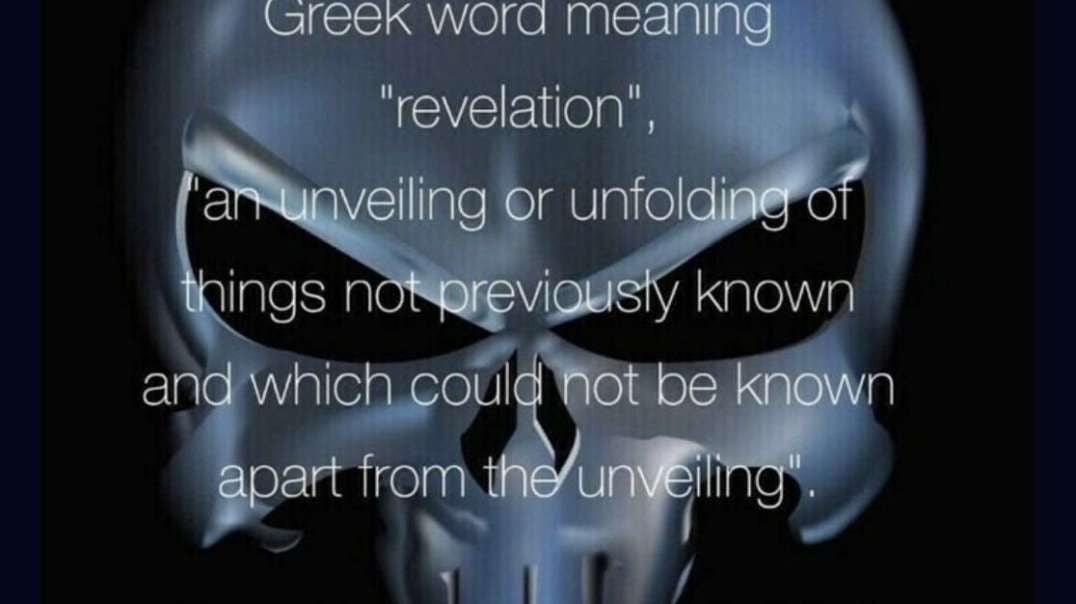
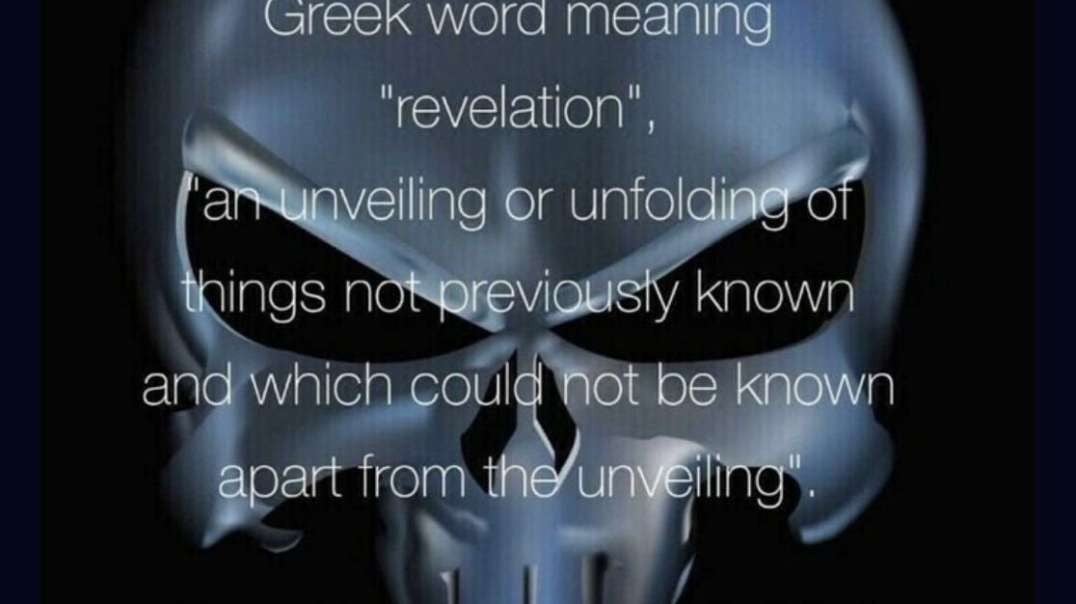
![Lier, Lies And Lying — Part 2 [Police Called]](https://video.ugetube.com/thumb/8r2PevqCNOM_P3pfMKb7BmYt92D.jpg)
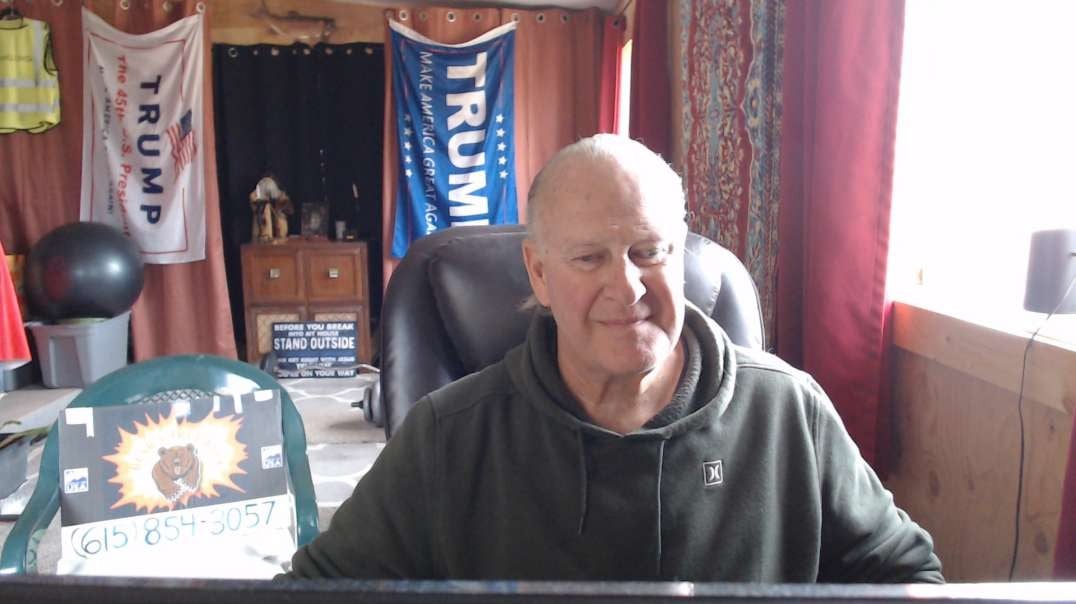

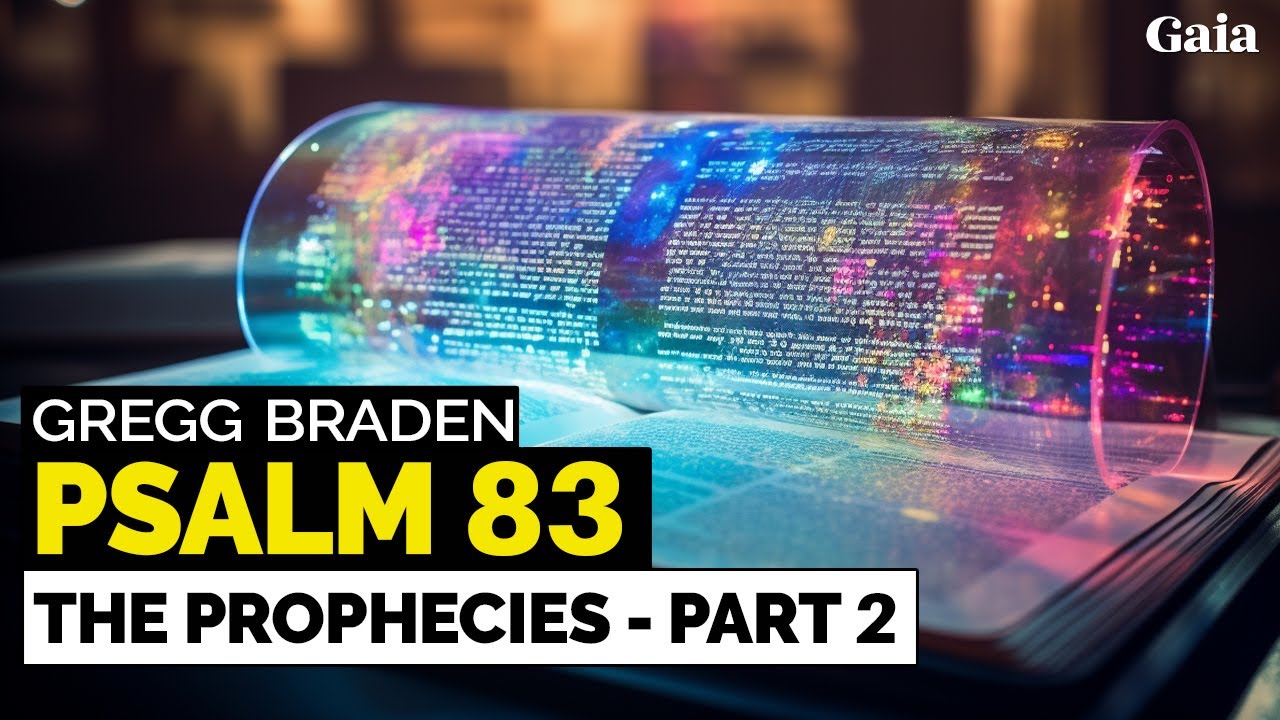
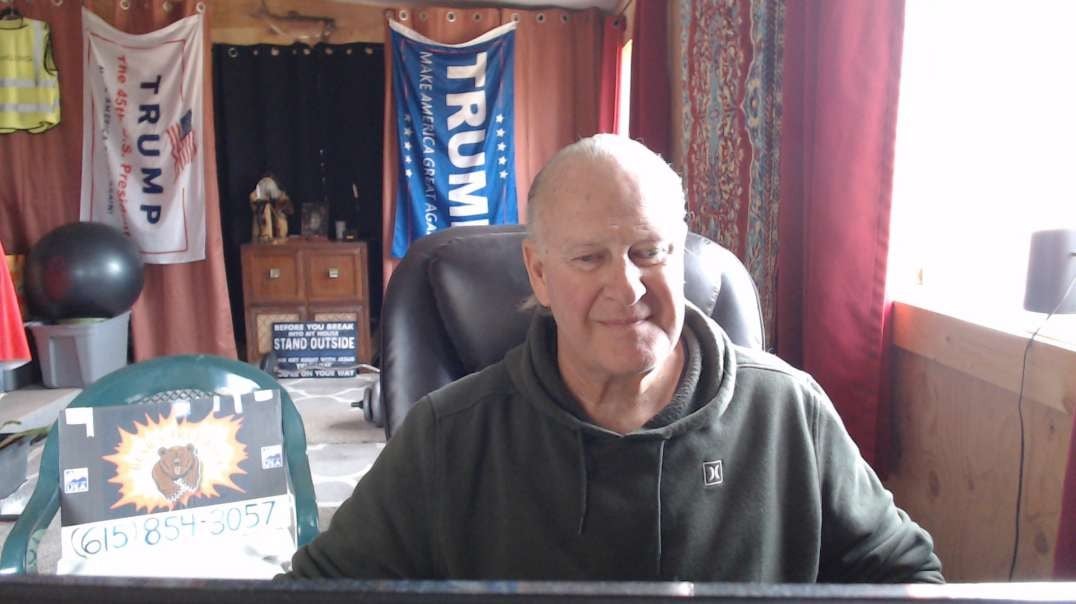
![Lier, Lies And Lying — Part 1 [Police Called]](https://video.ugetube.com/thumb/Mu640r1_q28_GuAew6PzlQvCMe9.jpg)







